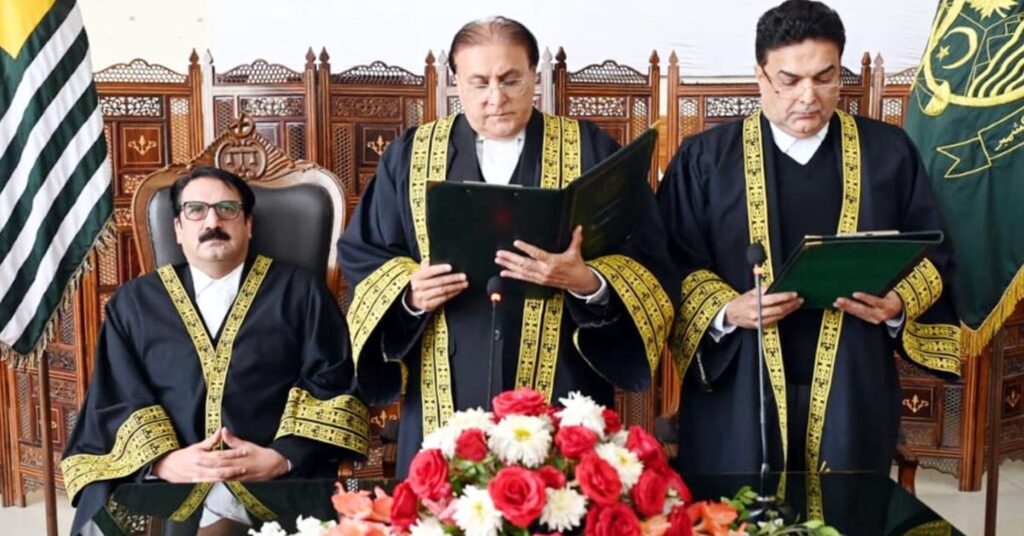NEW DELHI (Kashmir English): Social media platform X has declined India’s request to block thousands of accounts within India, including those of international news organizations and high-profile users.
While issuing executive orders to the platform to block around 8,000 accounts, India also threatened fines and jail for X’s local employees.
The request was part of the Indian government’s efforts to restrict access to information during its ongoing tensions with Pakistan.
Indian authorities have already blocked several social media accounts and YouTube channels belonging to Pakistani news outlets, journalists, and prominent personalities, an action widely seen as an attempt to check free speech and restrict the right to information.
In a post shared by the platform’s official Global Government Affairs account, which represents the voice of X’s government engagement team and has over 541,000 followers, the company stated that “X has received executive orders from the Indian government requiring X to block over 8,000 accounts in India while threatening potential penalties including significant fines and imprisonment of the company’s local employees.”
The orders is a broad directive to restrict access to accounts inside the country, with no clear words for most alleged violations.
“In most cases, the Indian government has not specified which posts from an account violated local laws,” X stated. It added, “For a significant number of accounts, we received no evidence or justification to support the blocking requests.”
“We disagree with Indian government’s demands”
While X has begun the process of complying with the orders by withholding specified accounts in India only, the platform made it clear that it opposes the directive on principle, saying “We disagree with the Indian government’s demands.
Blocking entire accounts is not only unnecessary, it amounts to censorship of existing and future content, and is contrary to the fundamental right of free speech.”




